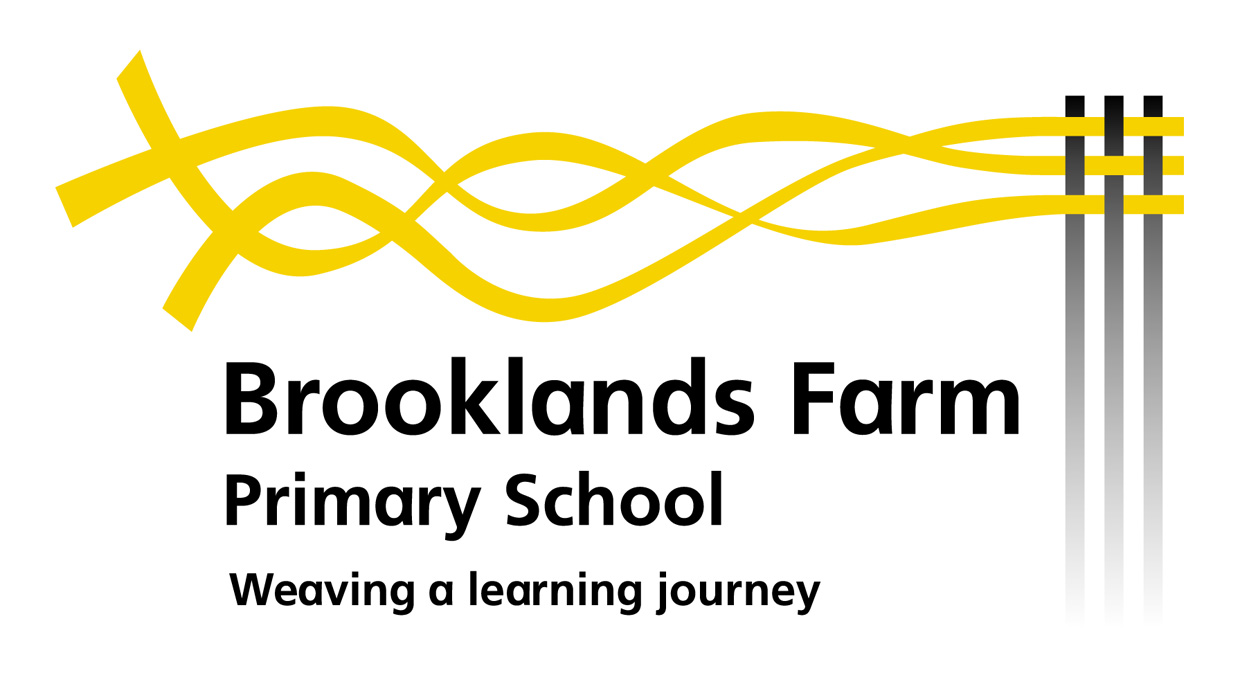Restorative Practice at Brooklands Farm
At Brooklands Farm Primary School we are committed to creating and maintaining an atmosphere that encourages our children to grow and learn in a safe and happy environment.
Restorative Practice aims to ensure that children learn to build and uphold respectful, collaborative relationships that make a difference to the children’s academic achievements and well-being.
One of the most important parts of school life is to learn to work collaboratively with our peers. Inevitably children fall out and relationships can be broken. As part of our Restorative Practice in school, staff and children are encouraged to talk about any incident that has happened and discuss how this affects their feelings so that they can then restore the broken relationship, therefore teaching the children to becoming more responsible for their own actions.
We teach the children to learn from their experiences.
Brooklands Farm’s restorative values
- We give children opportunities to have a voice and for each individual voice to be heard.
- We value the learning that takes place when children become responsible for their actions and understand the effect that behaviour can have on others.
- We value our role in encouraging resilient learners that are capable of making and maintaining collaborative relationships.
- We value each child and help them to become confident and respectful members of our community.
- We value the role that the family has in creating a link between learning at school and at home.
Community Circles
Primarily we provide secure attachments for children within school in order for them to feel safe and secure enough to explore the world. This allows them to feel safe to make mistakes within their learning and therefore challenge themselves to reach their potential.
At Brooklands Farm, circles are used every morning during registration and before the children go home at the end of the day. The whole class and the teacher take part in the circle where they share their well being on a scale from 1-5 (please see well being scale below). The teacher will also carry out a question that is linked to the school ethos, whole school projects, school improvement and pupil voice. The children will then go round one by one and share their responses to both of the questions. The children are very honest and are able to talk confidently about their well being. Anything below a 3, the children are encouraged to connect to someone on their protective hand (please see below).
Protective Hands
Our school promotes positive mental health through a variety of embedded whole-school practices. These strategies also encourage children to take ownership of their own well-being.
Protective hands are used as a protective behaviour to ensure that the children build relationships with both staff and children. It is also so that children can identify a group of people that they can connect to if their well being drops. The children complete these as a transition activity when they join a new class, have a new teacher or during the whole school transition as a way of their teacher getting to know the children better. Each protective hand is displayed in the classroom.

Family Partnership
You are the most important part of your child’s life and the biggest influence on their learning. As part of Restorative Practice we are committed to building strong relationships between home and school.
We are committed to inviting parents to join in our school community as much as possible through; festivals, curriculum teas, charity events, parent’s evenings and celebration assemblies, just to name a few opportunities that we host throughout the year.
Parents are also invited to contribute to the development of our school through answering Tell Me Tuesday questions on Tuesday mornings.

